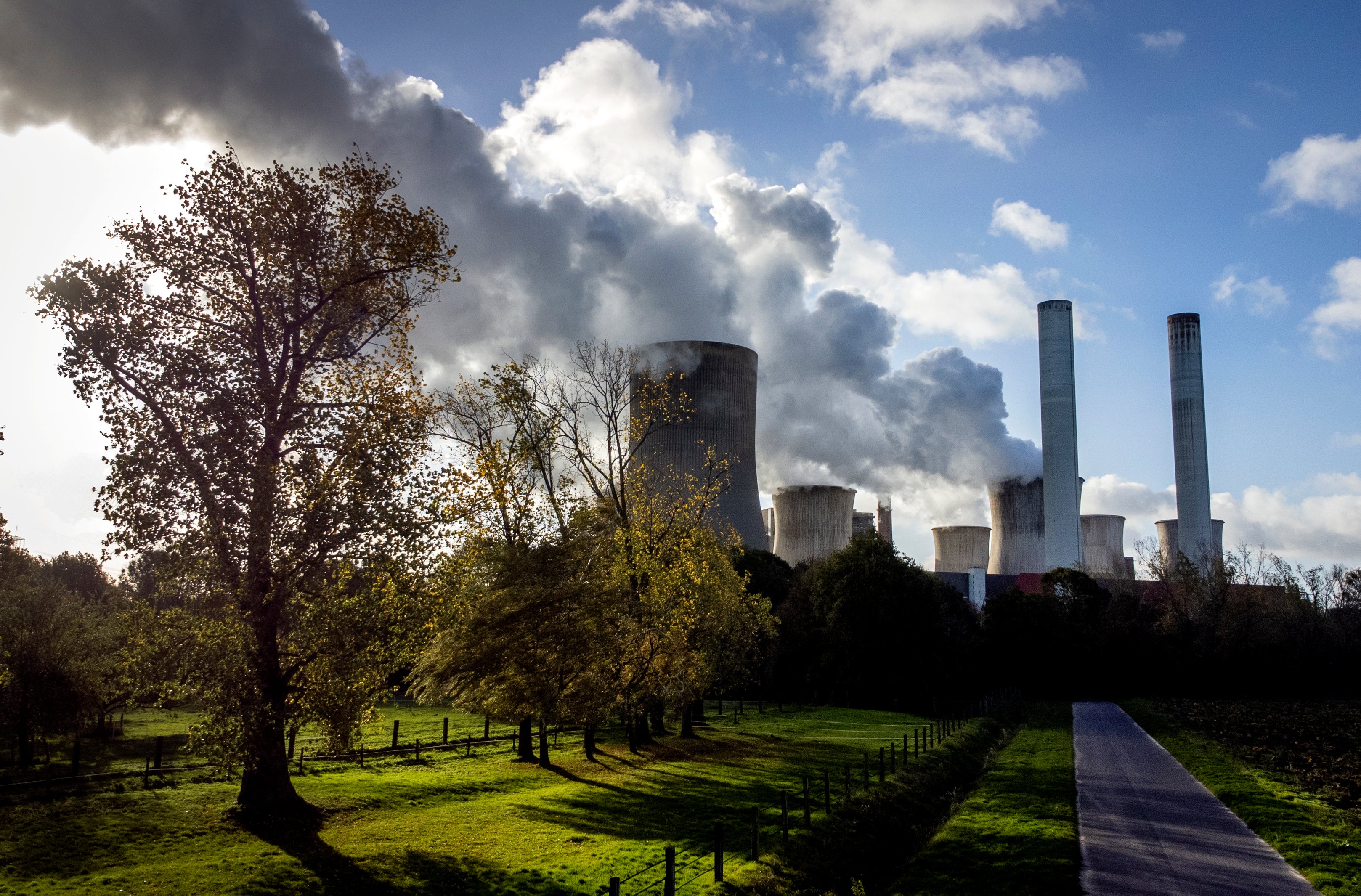EU carbon price passes symbolic 100 euros as reforms bite
The price of releasing planet-heating carbon into the atmosphere rose above 100 euros in the European Union for the first time this week

Your support helps us to tell the story
From reproductive rights to climate change to Big Tech, The Independent is on the ground when the story is developing. Whether it's investigating the financials of Elon Musk's pro-Trump PAC or producing our latest documentary, 'The A Word', which shines a light on the American women fighting for reproductive rights, we know how important it is to parse out the facts from the messaging.
At such a critical moment in US history, we need reporters on the ground. Your donation allows us to keep sending journalists to speak to both sides of the story.
The Independent is trusted by Americans across the entire political spectrum. And unlike many other quality news outlets, we choose not to lock Americans out of our reporting and analysis with paywalls. We believe quality journalism should be available to everyone, paid for by those who can afford it.
Your support makes all the difference.The price of releasing planet-heating carbon into the atmosphere rose above 100 euros (about $107) in the European Union for the first time this week, a signal that experts said Wednesday speaks for the bloc's efforts to make polluting costlier.
The EU has laid down a path to become carbon neutral by 2050, meaning it would only emit as much carbon dioxide as can be absorbed again through natural or artificial means. In 2005 it established an emissions trading system, or ETS, where major emitters have to buy allowances for every ton of CO2 they release.
The price, calculated per ton of carbon dioxide or equivalent greenhouse gas emissions, had long remained under 25 euros before rising sharply about two years ago. It had hovered around 90 euros for the past year until Tuesday, when it passed the 100-euro mark for the first time.
“No one thought it would be likely or feasible that the price would go up to such a level in such a short time,” said Michael Pahle, who heads the energy policy group at the Potsdam Institute for Climate Impact Research.
“Politicians and policy makers put a lot of effort into bringing it up to that level,” he said Wednesday, referring to a deal agreed by EU governments and lawmakers in December that will reduce the number of carbon allowances on the market faster than previously planned, phasing them out completely by 2038.
The bloc's executive Commission wants European industries to reduce their emissions 62% by 2030 from 2005 levels, compared to a target of 43% under the previous rules. Those efforts received a boost from Europe's push to massively expand renewable power production at home following Russia's invasion of Ukraine.
While the utility companies and heavy industries that currently have to buy carbon allowances will likely pass some of the cost on to consumers, this will mainly be felt in countries such as Poland, where electricity production relies heavily on coal, Pahle said.
In the medium term the price is expected to rise even further, to between 125 and 160 euros per ton by 2030, he said, not accounting for inflation.
Juliette de Grandpré, an expert at the Berlin-based think tank NewClimate, said the recent increase showed that — barring a sudden economic downturn — the price of emitting greenhouse gases in Europe will only go up.
“It’s going to increase further, just because we know that in 2038 there won't be any more allowances in the system,” she said. "That's only 15 years from now.”